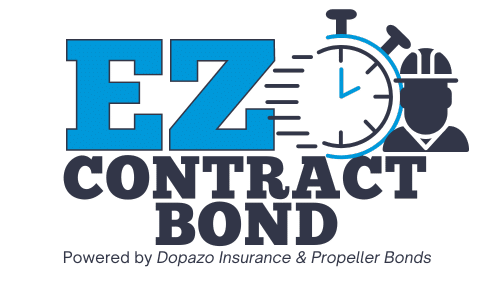Bond Glossary
Bond
A guarantee of performance or an agreement where one party, the surety, obligates itself to a second party, the obligee, to answer for the default of a third party, the principal.
Fidelity Bond
A bond that reimburses an employer as the named insured for loss or damage sustained as a result of the dishonest acts of a covered employee up to the limit or penalty amount of the bond.
Indemnify
To compensate for damage, loss or injury suffered or for an actual loss sustained.
Obligee
The party for whom the bond runs or the party the bond protects against loss. The party in a surety bond contract to whom the right of performance or the obligation is owed.
Principal
The party having the primary responsibility of performing the obligation. In suretyship, it is the party whose action, honesty or responsibility is guaranteed.
Rider
A term used in bonding that refers to an endorsement to a bond that modifies policy clauses and provisions, usually by adding or excluding coverage.
Surety
The guarantee given for fulfillment of an obligation, the person or organization that guarantees fulfillment of an obligation or the underwriter that guarantees something in the coverage of a bond.
Term
The period of time for which a bond is written.
Underwriter
An employee or an authorized representative of a surety company who accepts or rejects risks on behalf of that company and determines the coverages, limits, and terms to apply.

